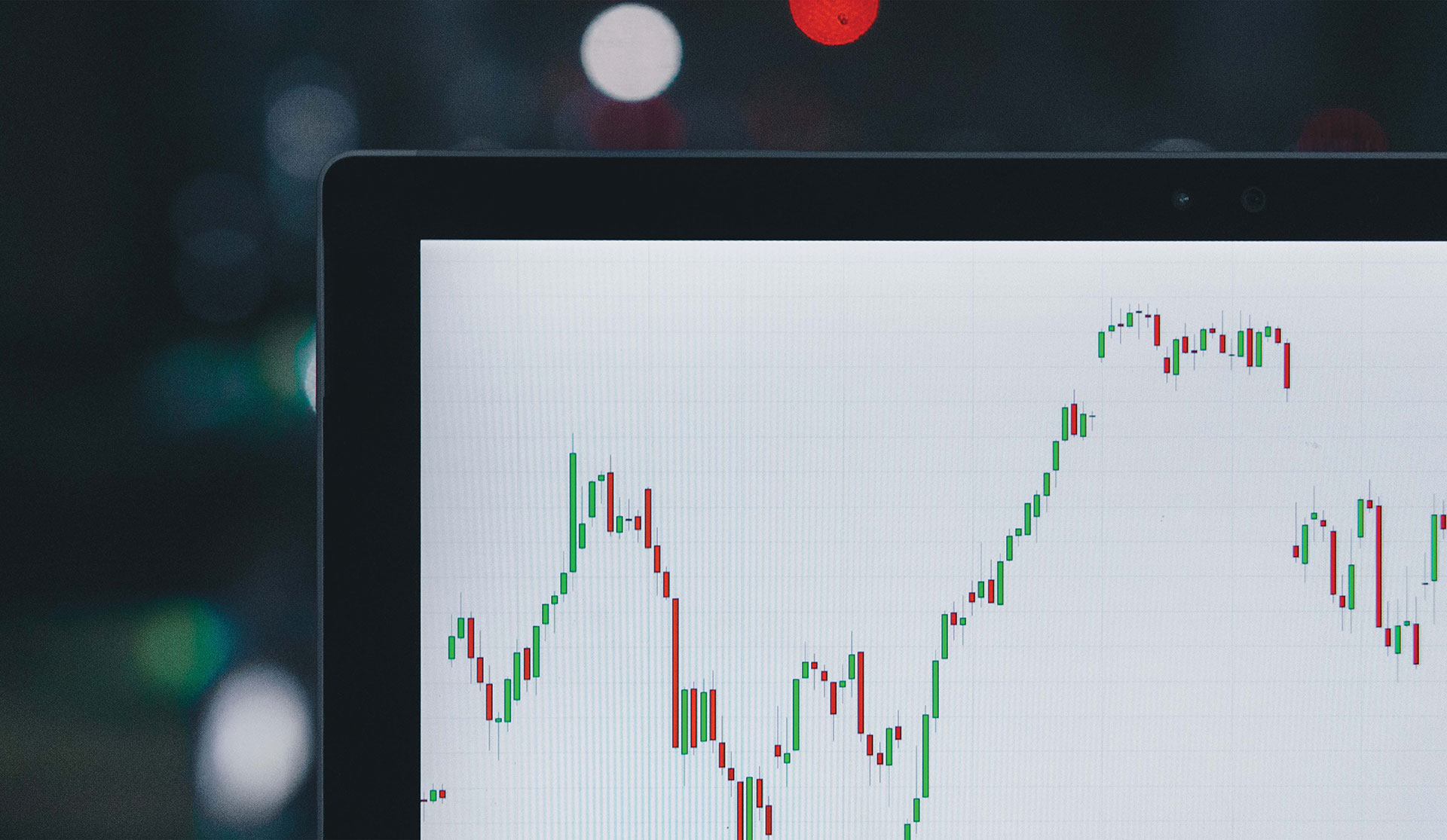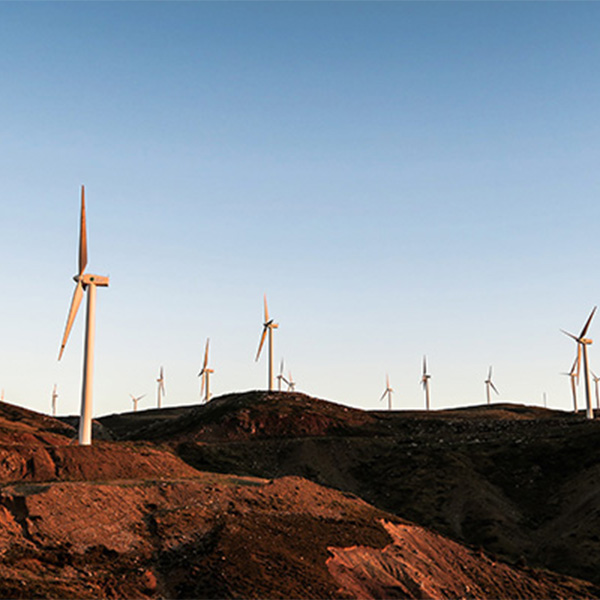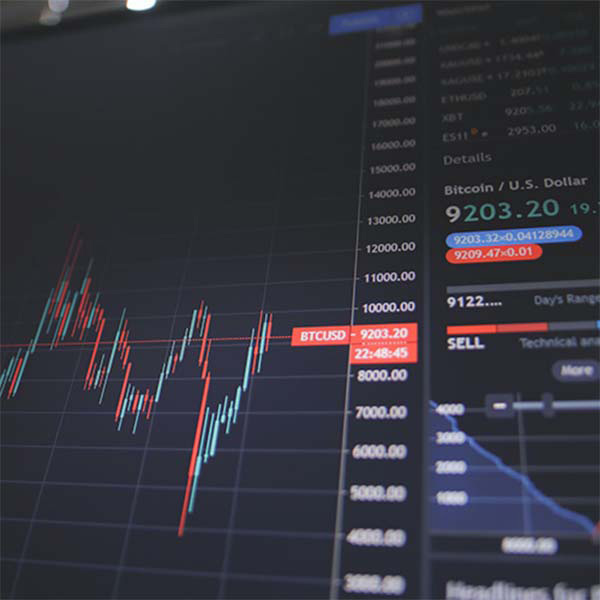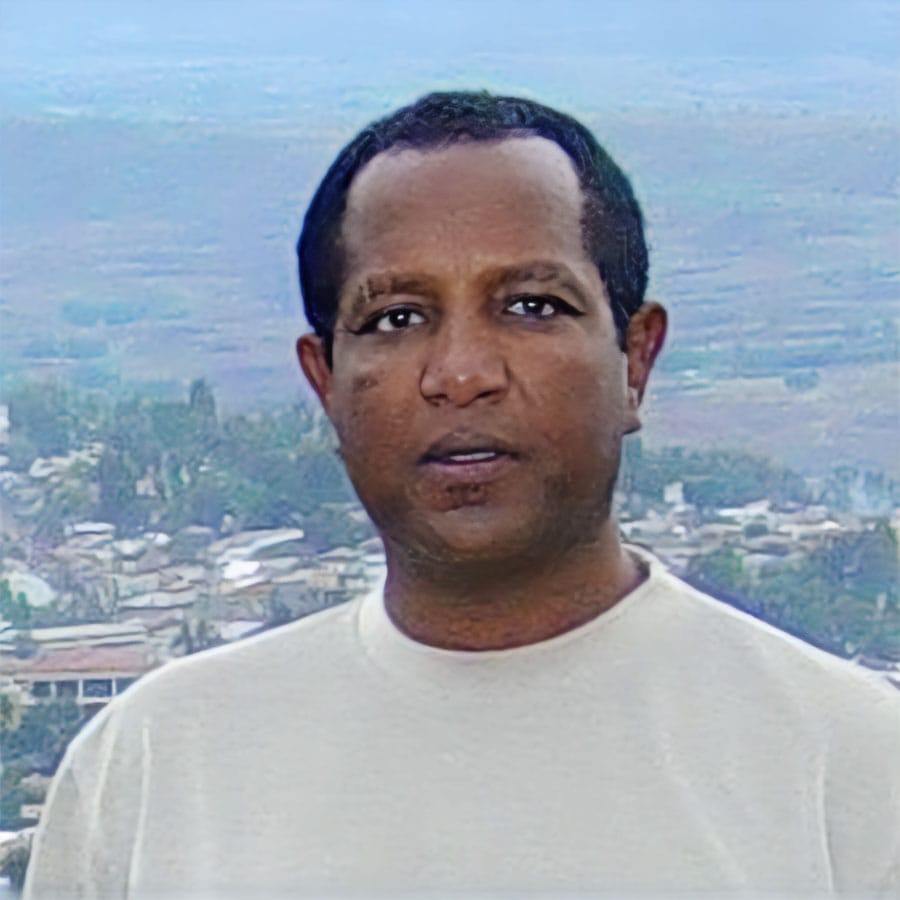

Economics
Understand the world in a deep way.
The distribution of resources shapes our world in countless ways. The study of Economics at Whitman College will expand your global perspective and help you understand economic behaviors in the real world. When you major in Economics at Whitman—or in one of our unique combined majors: Economics-Mathematics or Economics-Environmental Studies—you’ll get practical, career-building experience at one of the best colleges for Economics in the Northwest. Get ready to make your mark on the world.
3 Reasons to Study Economics at Whitman
Interested in Economics?
We’d love to send you information, including more on academic majors and student life at our beautiful campus in Walla Walla, Washington.
“I enjoyed my Economics course in high school, and that continued with the first Economics classes I took at Whitman. I also enjoyed seeing the upper-level Economics classes in the catalog. They were classes that I could easily see myself spending a bunch of credit hours in. I hope to join WIC this upcoming semester because of an interest in investments, and an Economics major could allow me to further explore and pursue this field after college through grad school and internships.”
Our Whitman Student Voices BlogFaculty
Courses in Economics
See just a few of the fascinating courses you might take.

Principles of Microeconomics
Start your study of Economics with this beginner-friendly course that focuses on how businesses and individuals make decisions. You’ll learn about the production, distribution and pricing of goods and services in markets. And you'll explore the effects of government intervention and other forces in contemporary economic society.

An Introduction to Development Economics
Developing economies around the world face challenges with poverty, agriculture, urban development, trade, industrialization, sustainability and gender. If you’re considering a career in development, this course can be a great jumping-off point.

Behavioral Economics
Why do people on a large scale make irrational economic decisions? This course will help you improve your understanding of decision-making and theories of altruism, trust and cooperation. In projects and discussions, it will challenge you to examine the effect of information and public policy on economic decisions.

Political Economy of Women
This upper-level course focuses on the economic conditions of women in the contemporary world and explores their historical roots. In this course, you’ll consider the ways in which reproduction is a precondition for production, how sex matters in economic life, and the ways economic systems shape the distribution of opportunities, resources, and power.

Corporate Finance
The first in the financial economics sequence, this course introduces students to techniques of financial analysis and major topics in corporate finance, financial analysis and valuation. From the efficient market hypothesis to types of financial risk, the course equips students with the tools to succeed in our other financial economics courses.

Environmental and Natural Resource Economics
This capstone course of the Economics-Environmental Studies combined major surveys the current economic research on natural resource issues like the decarbonization of the global economy. During the semester, you’ll create a research proposal on the topic of your choice, meaning you’ll finish the course with solid experience using economic measures and methods of analysis to answer real environmental questions.
Combined Majors

Amazing Experiences You Can Pursue
Get stock market savvy. Join the fun at the Whitman Investment Company, one of the largest student-run organizations on campus. WIC lets you make real-world economic decisions and connect with students from all majors. Through WIC and Whitman’s lecture series, you can learn firsthand from industry leaders and top economists.
Step into an expert’s shoes. As a research assistant, you’ll use knowledge from your courses to explore cutting-edge economic problems alongside Whitman faculty members. Lead the data collection or literature review to better understand—and test for yourself—how and why people study Economics.
Internships without the worry. Whitman’s internship grants help you get practical career experience and take advantage of learning opportunities—without taking on debt or other hardships. Recent Whitman interns at Revive helped manage the tech startup’s projects, while interns at Adidas engaged in global initiatives and collaboration.
What Our Graduates Are Doing Now
Your Questions Answered
Economics majors often choose the major because they want to make a meaningful impact on the world around them. While business is one way to do that, an Economics degree will prepare you for a career in any number of important fields. Everyone around the world has a stake in the production and distribution of resources, goods and services—and the study of Economics can prepare you to take your place among those shaping that world.
Economics graduates find success and satisfaction in public service, economic consulting, banking and finance, management, marketing, law, government, journalism, insurance and environmental-related positions. Many also choose to further their education and research as graduate students in business, law, international studies or economics.

















